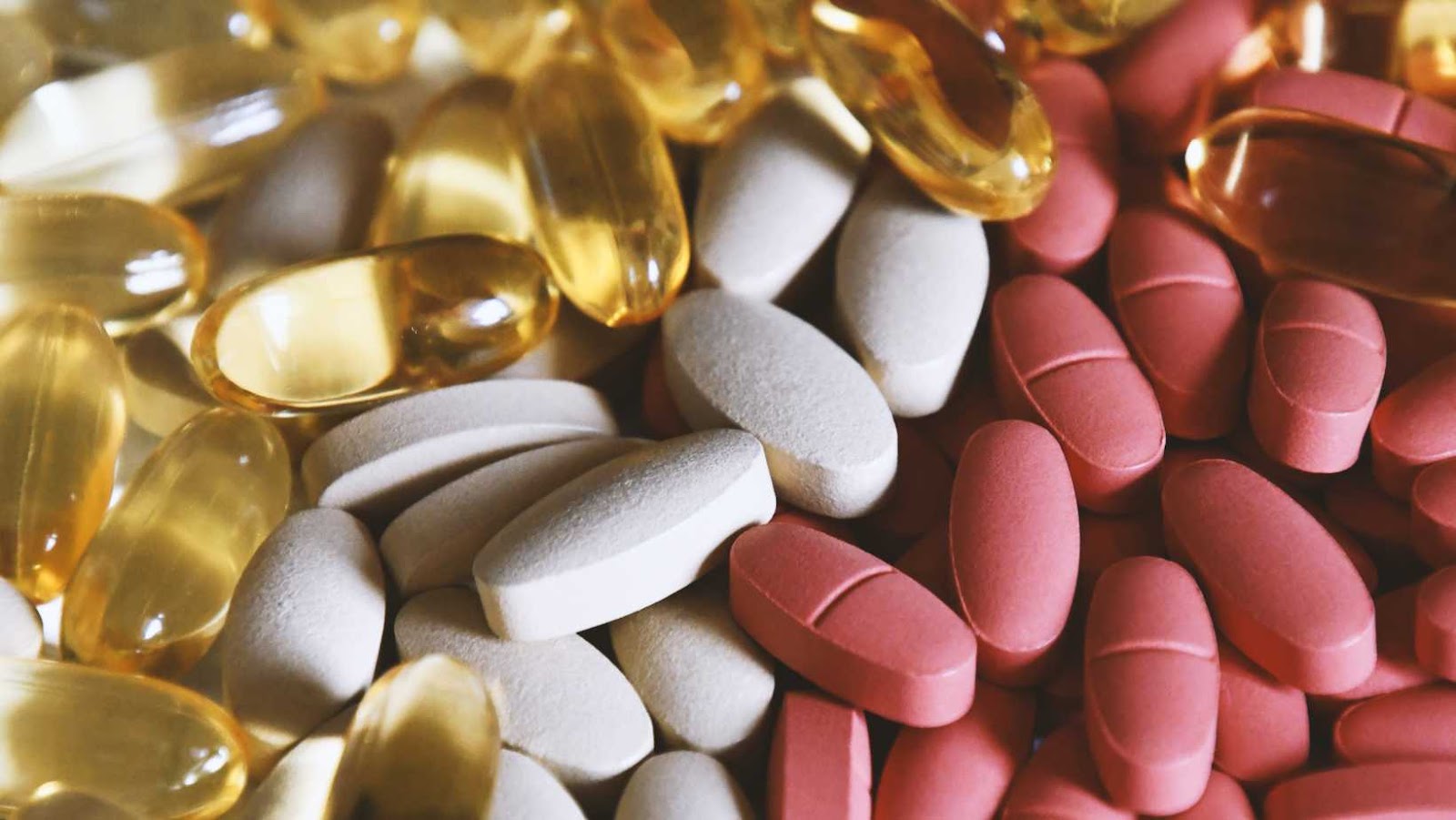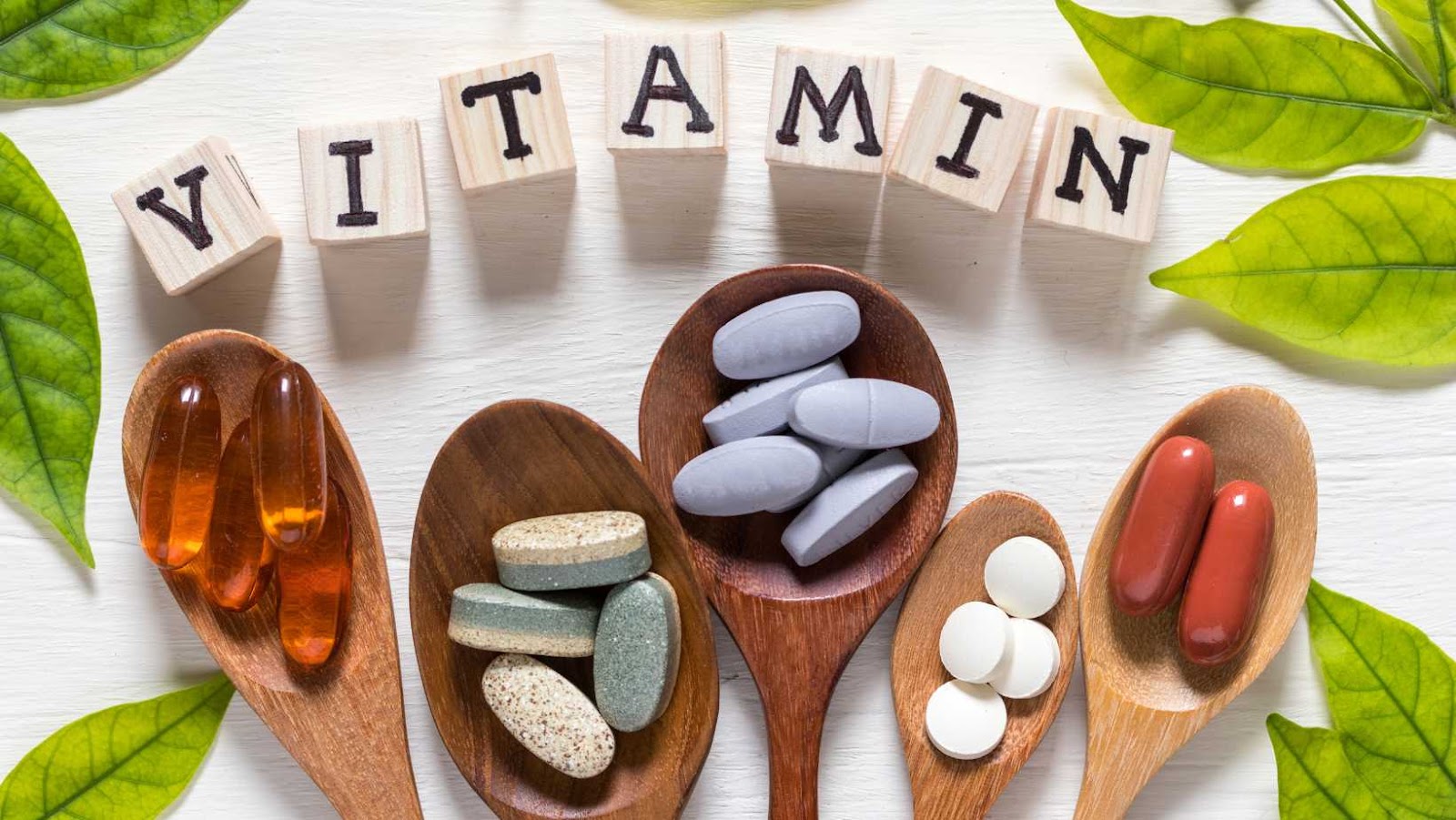Taking vitamins during a fast, such as for weight loss or for health reasons, can be beneficial for some people. However, there are some risks associated with taking vitamins during a fast. These risks include potential drug interactions, decreased absorption of nutrients, increased risk of overdose, and possible side effects.
In this article, we discuss the possible risks associated with taking vitamins while fasting.
Potential Side Effects of Taking Vitamins
While taking vitamins is generally considered safe, certain vitamins can cause potential side effects if taken in excess or without a doctor’s supervision.
| Vitamin | Risks |
| Vitamin A | Overconsumption of Vitamin A can cause dizziness, nausea, and even liver damage. |
| Vitamin B6 | Large doses of Vitamin B6 can cause nerve damage, headaches, and loss of muscle control. |
| Vitamin C | Overconsumption of Vitamin C can cause diarrhea and stomach cramps. |
| Vitamin E | High doses of Vitamin E can increase the risk of bleeding and lead to hemorrhages. |
Pro tip: To avoid potential side effects, it’s recommended to eat a balanced diet with a variety of nutrient-rich foods and speak to a healthcare professional before taking any vitamin supplements.
Overdosing on Vitamins And its Consequences
While vitamins and supplements are important for maintaining good health, overdosing on them can result in several harmful consequences.
Here are some risks associated with taking high doses of vitamins:
| Vitamin A: | Overdosing on Vitamin A can cause vision problems, nausea, dizziness, and even liver damage. |
| Vitamin D: | Excessive intake of Vitamin D can lead to hypercalcemia, characterized by symptoms such as frequent urination, nausea, vomiting, and kidney problems. |
| Vitamin E: | Overdosing on Vitamin E can increase the risk of internal bleeding and interfere with blood clotting. |
| Vitamin C: | Consuming too much Vitamin C can result in stomach cramps, diarrhea, and nausea. |
It’s always recommended to consult a healthcare professional before starting any new regimen of vitamins and supplements. Pro Tip: Remember, everything should be balanced, even vitamins.
Interactions With Other Medications And Dietary Supplements
While vitamins and dietary supplements can be beneficial to your health, there are potential risks associated with taking them in combination with other medications or supplements.
| Vitamin | Interaction |
| Vitamin K | Interacts with blood thinners like warfarin, making them less effective. |
| Vitamin E | Interacts with blood thinners and increases the risk of bleeding. |
| St. John’s Wort | Interacts with antidepressant medication, reducing their effectiveness. |
| Calcium | Interacts with some antibiotics, reducing their absorption and effectiveness. |
It is important to discuss all the vitamins, supplements and medications you are taking with your healthcare provider, so they can advise you on any potential interactions or risks associated with their use.

Does Taking Vitamins Break a Fast?
Strict fasting is a healthy practice that’s been around for centuries, but the question remains: if you take vitamins while fasting, do they break the fast and ruin its effects?
The answer to this question is not so easy to answer, as there are various factors that play into the effects of vitamins on a fasted body. Let’s take a look at the potential risks and benefits associated with taking vitamins while fasting.
Understanding The Concept of Fasting
Fasting is a practice of abstaining from food or drink for a certain period of time, commonly practiced for religious, health, or weight loss reasons.
Vitamins are essential nutrients that our body needs to function correctly, and they can help compensate for dietary deficiencies that may occur during fasting. However, the question remains, does taking vitamins break a fast? The answer depends on the type of fast you’re doing. Some fasts allow for the consumption of certain supplements, while others require complete abstention from anything other than water. It is essential to understand the risks associated with taking vitamins during fasting. Certain vitamins and minerals, if taken in high doses, can be toxic to the body, which can be a potential risk. Therefore, it is highly recommended to consult with a healthcare provider before taking any vitamin supplements during fasting. Pro Tip: Always consult with your healthcare provider before taking any supplement while fasting to avoid any potential health risks.
Different Types of Fasting And Their Impact on Supplement Intake
Fasting has become a popular dieting trend for many people across the world. However, there are various types of fasting that impact the intake of supplements differently.
| Type of Fasting | Impact on Supplement Intake |
| Water fasting | Vitamins and supplements should be avoided as they can break the fast and cause digestive discomfort. |
| Intermittent fasting | Supplements like vitamins can be taken as long as they are taken with a non-caloric fluid like water or black coffee. |
| Modified Fasting | Certain foods and drinks like bone broth, herbal tea, and supplements like vitamins are allowed. |
While taking vitamins during fasting is generally considered safe, it is always recommended to consult with your healthcare provider to avoid any potential risks associated with taking vitamins in certain conditions.

Expert Opinions on Taking Vitamins During a Fast
Opinions among experts are divided on whether taking vitamins during a fast will break it or not. While most vitamins do not contain any calories and are unlikely to interfere with a fast, some believe that even the small amount of calories in vitamins may affect the metabolic state of fasting. However, it is generally safe to take a multivitamin supplement during a fast, as long as it is taken with plenty of water and does not contain any added sugars or other fillers.
That being said, it is advisable to consult with your healthcare provider before taking any supplements during fasting, especially if you have any underlying health conditions or are taking any medications.
Pro tip: It’s best to get the nutrients you need through a balanced diet, but if you’re concerned about meeting your vitamin requirements during a fast, talk to your healthcare provider about the best way to supplement.
